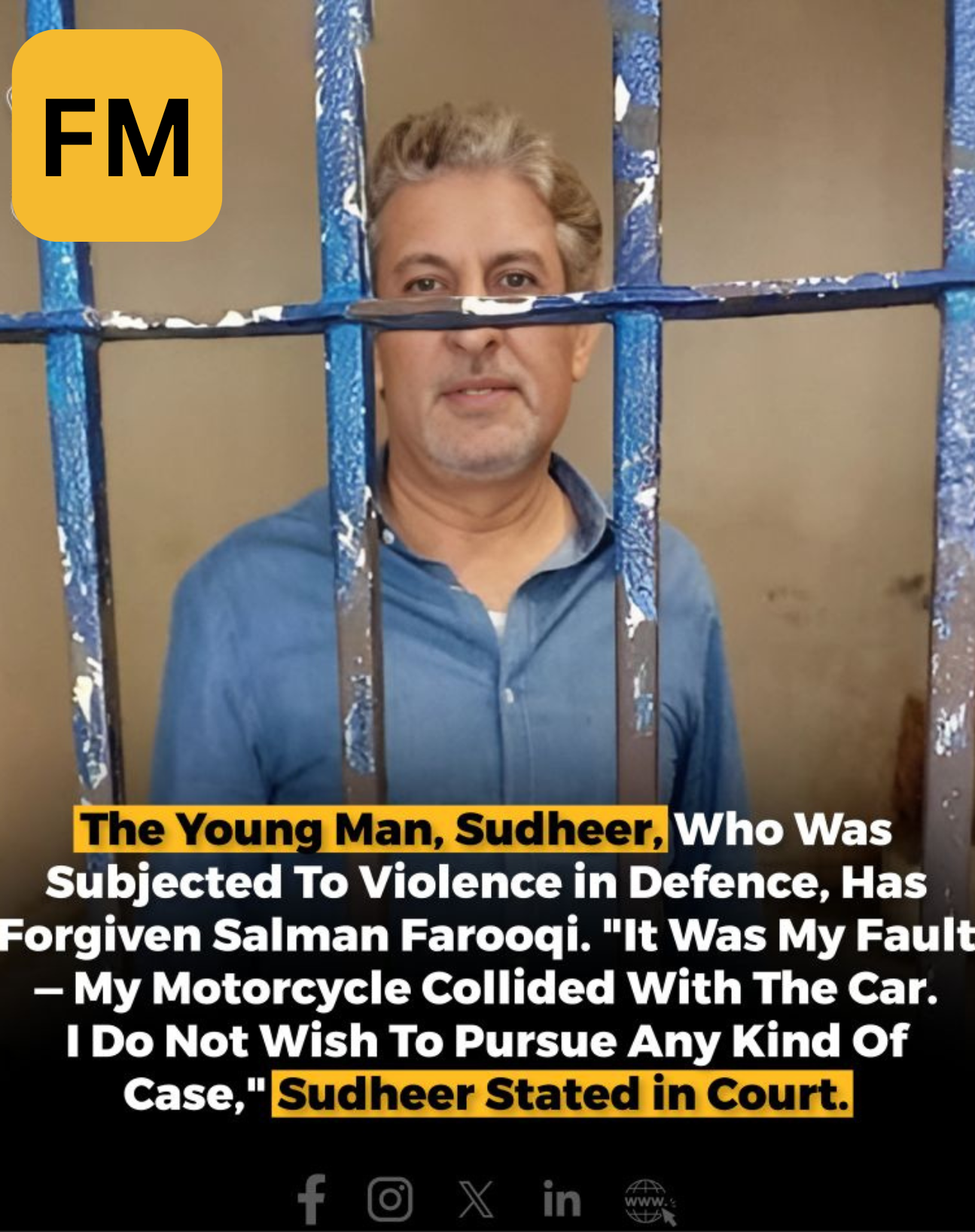In a heartening display of forgiveness and maturity, a young man named Sudheer, who was recently subjected to violence in Karachi’s upscale Defence area, has publicly pardoned his attacker, Salman Farooqi. The incident, which could have escalated into a prolonged legal battle, ended on a reconciliatory note when Sudheer stated in court, “It was my fault — my motorcycle collided with the car. I do not wish to pursue any kind of case.” His decision to forgive has sparked discussions about conflict resolution, empathy, and the power of reconciliation in a society often marred by aggression.
The Incident and Its Aftermath
The altercation occurred after a traffic collision between Sudheer’s motorcycle and Farooqi’s car. Reports suggest that the situation quickly turned violent, with Sudheer allegedly being assaulted. Such incidents are not uncommon in Karachi, where road rage and heated arguments frequently lead to physical confrontations. However, what makes this case unique is Sudheer’s willingness to let go of resentment and move forward without seeking legal retribution.
A Gesture of Forgiveness
By refusing to file a case, Sudheer demonstrated remarkable emotional maturity. In a society where revenge and retaliation are often glorified, his decision to forgive sets a powerful example. His statement in court indicates an acknowledgment of his own role in the accident, showing accountability—a rare trait in conflicts where blame is usually shifted entirely onto the other party.
Broader Implications for Society
Sudheer’s act of forgiveness raises important questions about how conflicts should be handled. Legal battles can be lengthy, expensive, and emotionally draining. While justice is necessary in cases of severe wrongdoing, minor disputes can sometimes be resolved through dialogue and mutual understanding. His approach promotes peace over prolonged hostility, offering a lesson in conflict resolution that could inspire others.
Conclusion
In a world where anger and vengeance often dominate, Sudheer’s forgiveness is a refreshing reminder of humanity’s capacity for compassion. His decision not only closes a painful chapter in his life but also encourages others to consider reconciliation over retaliation. While the law must always address serious crimes, minor disputes can benefit from empathy and understanding. Karachi—and society at large—needs more such stories of forgiveness to heal divisions and foster harmony.
Sudheer’s act may seem small, but its impact is profound. It serves as a testament to the power of forgiveness and the importance of taking responsibility—a message that resonates far beyond the courtroom.

